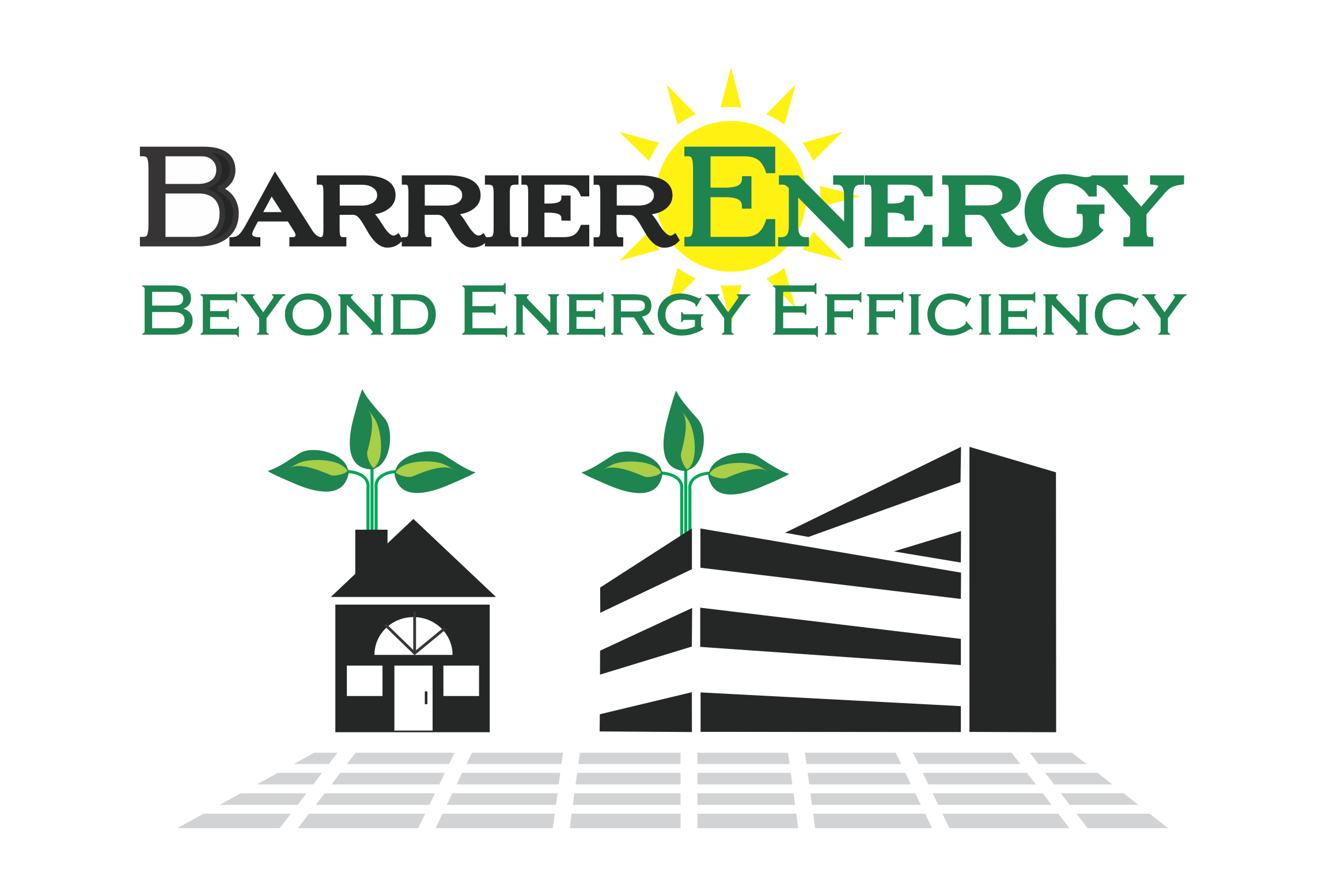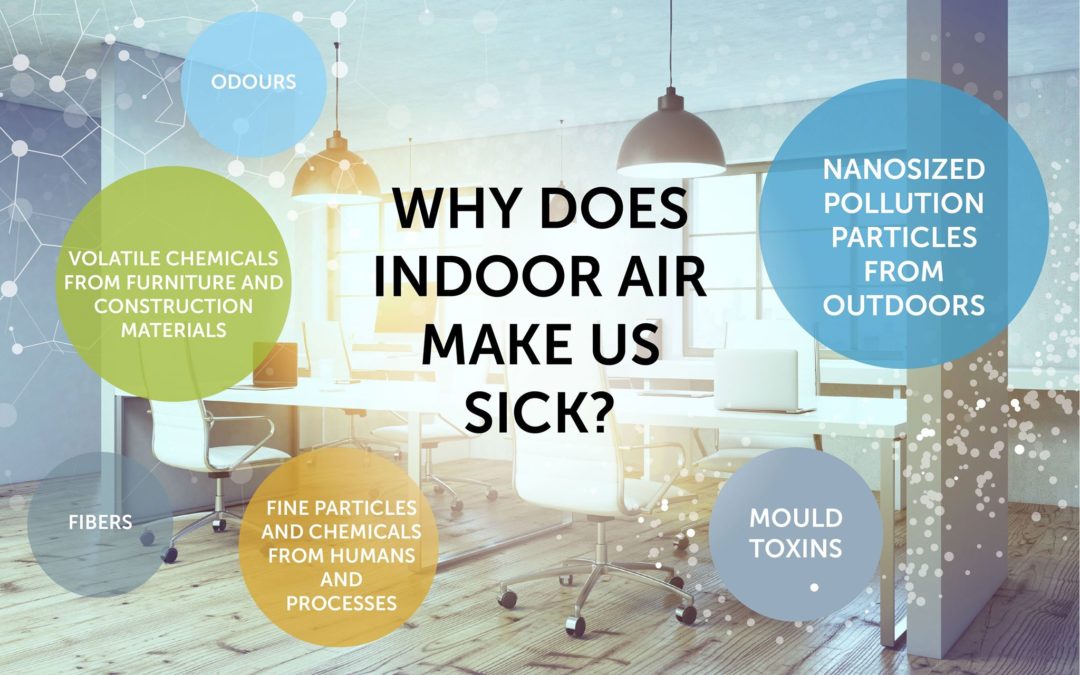The Importance of Indoor Air Quality During Coronavirus:
Do you ever worry about health and safety inside your home or place of business? Amidst a pandemic, experts seem to agree that indoor air is more of a risk than outdoor air. With less fresh air circulation in closed spaces, germs have nowhere to go. Still, we practice precautions when we go outside. What about the places where we spend the most time? Is there anything we can do to prevent the risk of getting sick inside our homes and workplaces?
The answer is yes. Pandemic or not, we are rising to a new level of awareness about an issue that has always been there. If you want to protect yourself from getting sick with the flu, covid, or any contaminants, then there are three main topics of importance. When it comes to indoor air quality, you should know about airflow, air filtration, and building envelopes.
Air Circulation & Indoor Air Quality:
Airflow refers to the amount of air flowing from ducts, in cubic feet per minute (CFM). Indoor air is sucked from rooms through return vents, which take the air back to the air conditioning or heating system. Then, temperature-controlled air is expelled back into the rooms by the supply vents. It is important that air circulation is occurring to dissipate germs. Since fresh air is not being pulled into the house, you may also want to open windows if you’re not on a busy street. It’s better to crack them open, rather than have them wide open.
Exhaust fans, on the other hand, expel air from the inside of the building to the outside. Since germs can build up in closed spaces, it is key to remove them. Exhaust fans are typically located in kitchens and bathrooms. Keep them on continually in order to get contaminants out of your home. It might also be a good investment to purchase window exhaust fans. These portable fans can attach to open windows, much like window air conditioning units.
In the meantime, you should get all vents, duct systems, and exhaust fans tested for airflow. This is typically performed with a duct blower. At BarrierEnergy, our HVAC technicians are trained to ensure there is proper airflow in buildings. Make sure to choose licensed professionals when your health and safety are on the line.
Protect Your Home and Place of Business:
Air filtration is a part of every HVAC system, so utilize this extra benefit. Keep the HVAC fan on all day to circulate your air through the filter. You can purchase pleated filters, which are extra thick but make sure it’s the correct size. Filters should be changed regularly, at least every couple of months. Once again, only HVAC professionals should be handling these delicate systems.
Lastly, the building envelope is a critical term for those who do live or work on busy streets. If you’re in a city or even in the suburbs, allowing air to come inside a building may not be the best idea. Supposing that this is your situation, keep windows and doors closed unless you have purchased special exhaust units. Building envelope refers to the exterior construction of a building (i.e., windows, doors, exterior walls, roofs). You can have an inspector perform a building leakage inspection to ensure it’s tightly sealed. Via smoke testing, cracks in the envelope of a building can be located, assessed, and sealed. For you, preventing air from seeping in through drafty gaps is imperative.
For all your testing needs and questions, contact BarrierEnergy. We specialize in building leakage assessments and indoor air quality testing. You can trust a company with over ten years of experience. Please, take a look at our services pages.
For more information, visit the CDC website to see what they say about indoor air.


Recent Comments